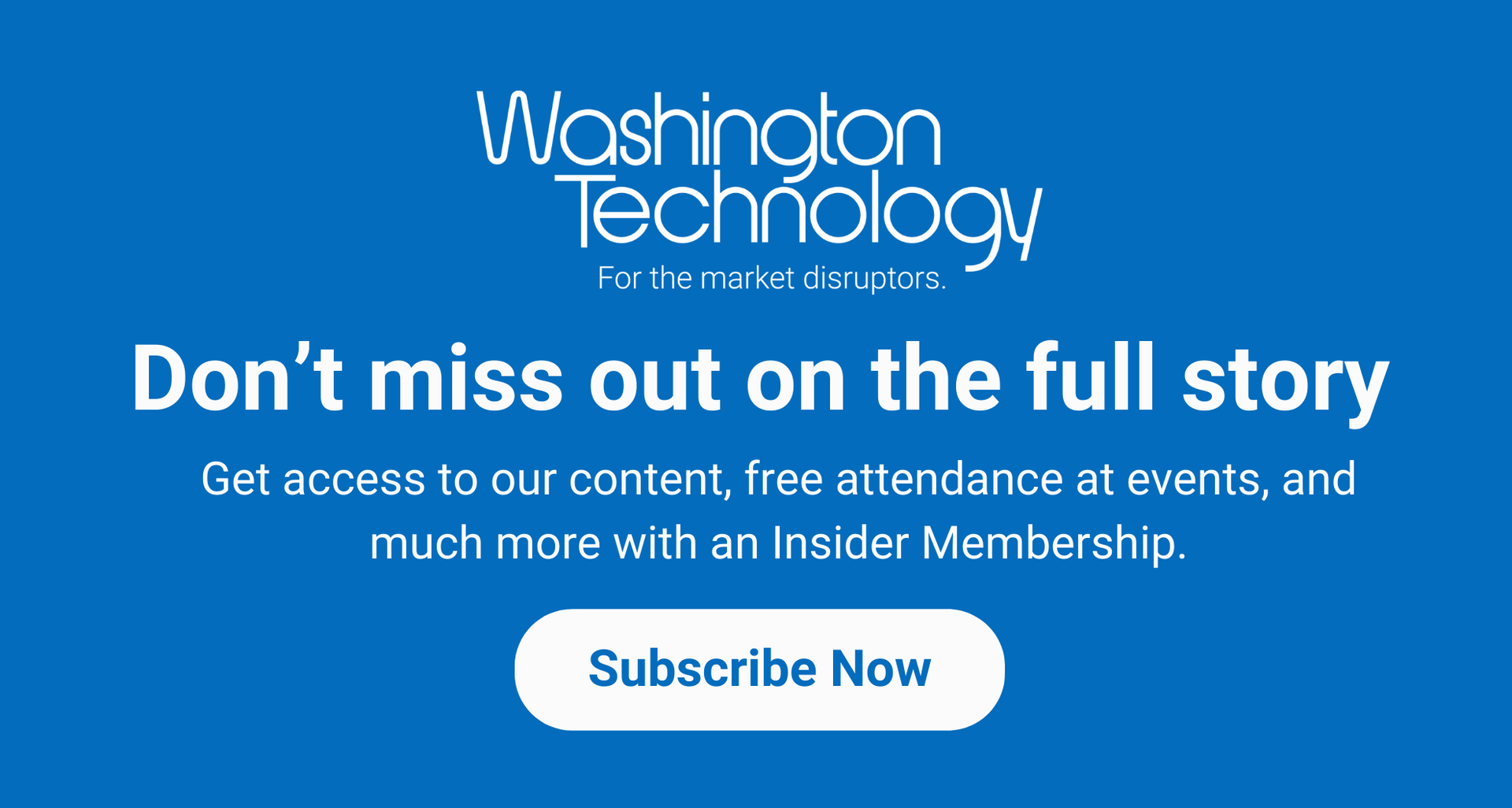HHS unveils blockchain-powered acquisition assistance
A new distributed ledger and suite of micro-services were spun up in a matter of weeks.
EDITOR'S NOTE: This article first appeared on GCN.com
One of the obstacles to bringing blockchain into government business processes is simple confusion: Most government stakeholders barely understand what a distributed ledger is, much less how it can help them do their jobs.
So at the Department of Health and Human Services, Jose Arrieta and his team have flipped that education process on its head. Since April, they've been meeting with acquisition officials across HHS to learn exactly how those jobs get done, and only then looking to layer in the benefits of blockchain.
The results have been rapid. Arrieta, who is the associate deputy assistant secretary for HHS' Division of Acquisition, told a National Contract Management Association audience on July 23 that his agency already has a new system up and running. Most of the prep time, he said, was spent on human-centered design interviews across HSS. The actual build-out took just four weeks, and the total price tag to date is less than $500,000.
The new system gives acquisition teams detailed, real-time information on pricing and terms and conditions from across HHS for 10 categories of purchases. There are also micro-services to help automate the development of acquisition plans and marketing documents, Arrieta said, and the beginnings of a tool to help HHS vendors pull data on their past interactions with the agency and avoid "the trouble of re-submitting all the past info over and over again."
The trick, Arrieta told GCN, was to pull data from existing systems and layer in new tools without altering the existing processes. "HHS is super-decentralized," he said. "Lots of different cultures. We’re not trying to change the contract writing tools they use." By approaching the blockchain-powered ledger as a complement to current systems and not a competitor to them, he both simplified the development process and avoided conflict with the owners of those legacy solutions.
The project, called HHS Accelerate, has also benefited from existing efforts elsewhere in the department. A machine learning algorithm called HHS Buy Smarter, for example, powers much of the analysis that Accelerate uses to provide real-time pricing insights. "It’s a culture that was already changing," Arrieta told GCN. "What we're doing now is operationalizing great work that was already done."
The new tools are not yet deployed to the workforce, he stressed, noting that full user testing would have to wait until the end of the fiscal year, when HHS acquisition shops' busy season is behind them. But the reactions to early demonstrations have been "extremely positive," he said. "Like eye-opening, this- changes-the-world positive."
And since the blockchain data layer has been designed as, essentially, a shared service for HHS, Arrieta expects new services to be built off it to address other acquisition needs in the near future.
"Our goal is to digitize the entire acquisition lifecycle," he said, "all the way from engagement with industry to a contract closeout, on a blockchain."


